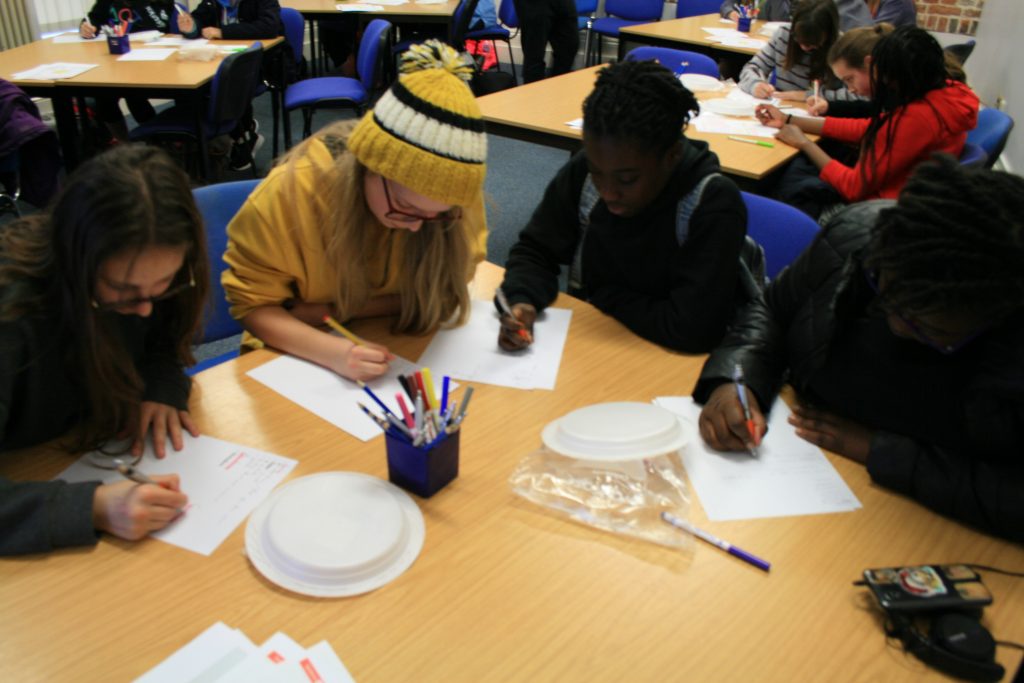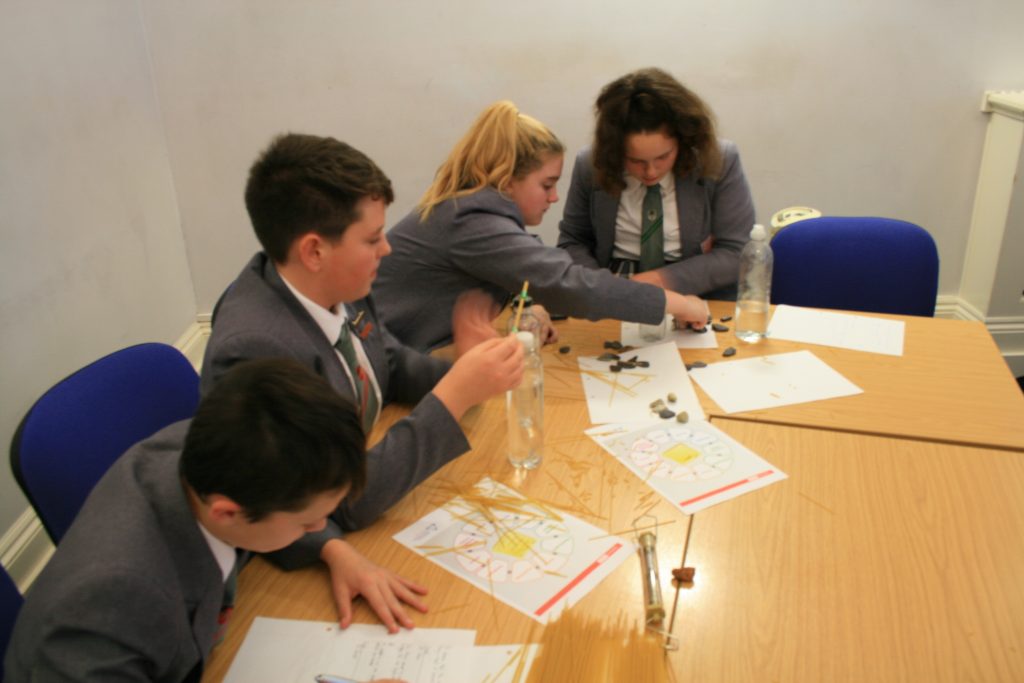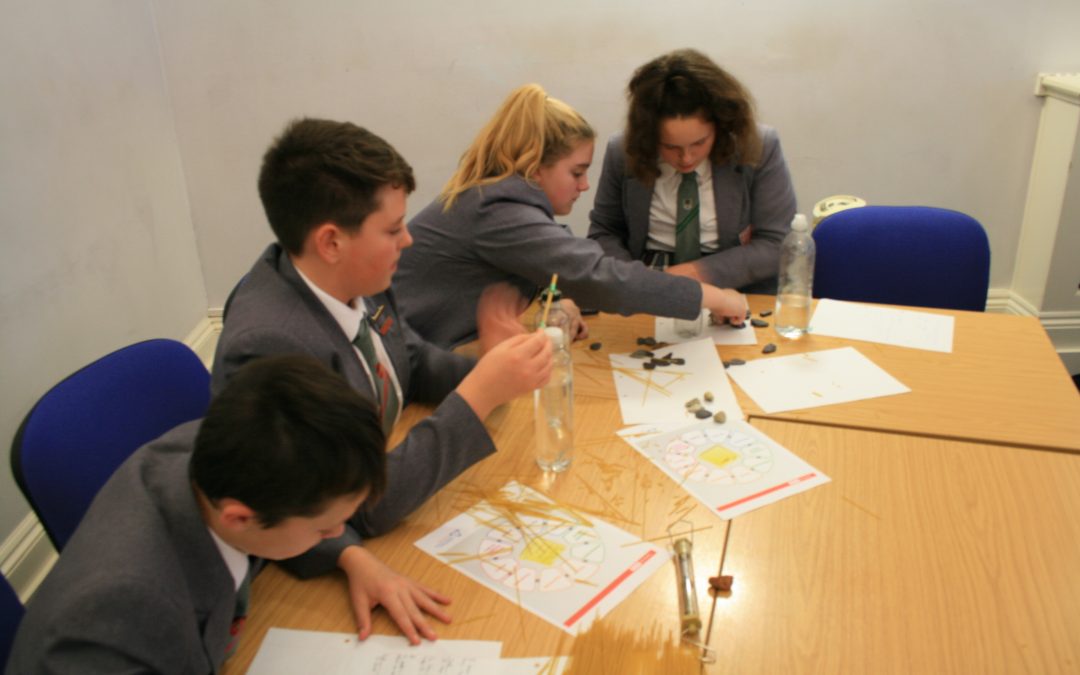Advances in science and technology are changing the world we live in. They are changing people and how we behave in the world. Can a robot create a work of music? Can a robot own its own ideas? Can we ever see a painting the way the painter saw it? We call these kind of questions ‘Big Questions’ because they rarely have simple, agreed-upon answers and are questions on which many disciplines have something to say. They are also questions that prompt us to wonder what it means to be a person and how much we really understand about the nature of reality.

On the 31st October 2019 we officially started our 2019-20 themes “Big Questions and…” events programme for schools. 60 students in years 8 & 9 joined us on campus to tackle these questions and develop their epistemic insight through the theme of ‘AI, Engineering and Creativity’. Today’s big questions about human personhood and the nature of reality are often made more complicated by the appearance of creativity and autonomy in electronic devices (including AI). The event was designed to develop students’ understanding of the different preferred methods, questions and norms of thought of science and other disciplines. In doing so the workshops helped them understand that the complexity of the universe that means it is difficult if not impossible to know with scientific certainty whether or not free will/creativity etc exist.
In schools, a fragmented approach to education – focused on knowledge rather than how knowledge is constructed, means there is a population of learners (future citizens) who rarely if ever have opportunities in school to examine the power and limitations of science when we consider a big question. Our schools’ events highlight that in scholarship we have many different lenses or disciplines that we use to study our world. There’s physics, biology, psychology, the social sciences, history and more. Scholars are in the habit of using one lens at a time but in reality these layers of explanation are all there together.
Epistemic insight refers to our understanding of how knowledge and scholarship work – so knowing about different disciplines and how they interact to address a big question. That means developing and analysing different ways to investigate a question. Which discipline or disciplines and why. The students enthusiastically engaged with the big questions and were able to investigate the contributions that different disciplines could make to our understanding of where our ideas come from.

It wasn’t only the students who had to have their thinking hats on though, whilst students took time to quiz our ambassadors about students life and Higher education, their teachers attended a CPD and research session. Led by the LASAR team the teachers examined how epistemic insight and creating classrooms with permeable walls could support students to understand the curriculum intent and the power and limitations of different disciplines to contribute to informing our responses to bigger questions.
Our next event (for key stage 4 students) takes place on the 9th December and examines the question “Can science make you fitter?” under our biology, health and wellbeing theme. For more information or to book your place email the team.
Download the event brochure to find out how you could help students explore these questions in your school.

